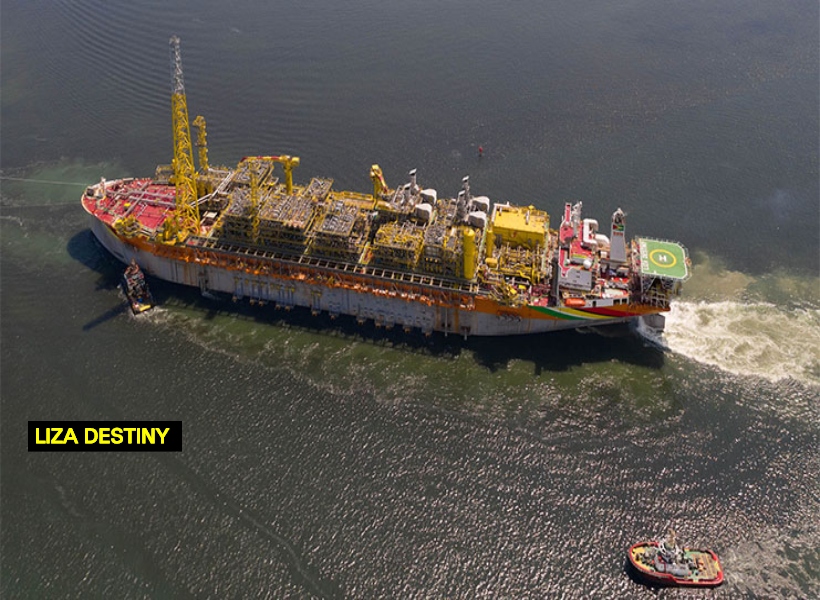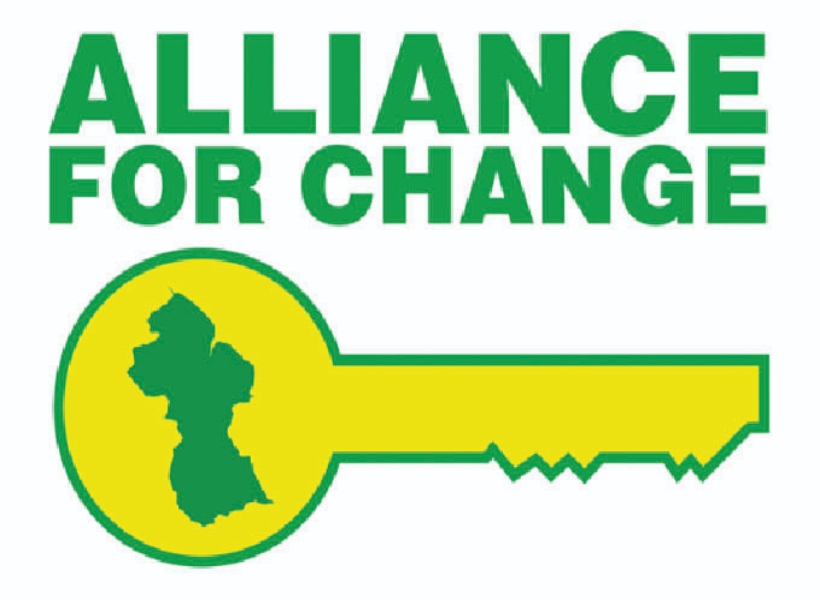Even though the COVID-19 pandemic threw the oil industry last year into an unparalleled economic tailspin, Guyana was among the list of few countries whose nascent oil sector survived some of the toughest parts of that storm. In the eyes of Senior Analyst at Americas Market Intelligence (AMI), Arthur Deakin, Guyana’s high quality of crude was partly responsible for its relatively creditable performance in this regard.
Deakin during a recent interview on a local radio station said, “…I think what we saw across the board in the oil sector and gas is large write-offs of many of the lower quality assets among the big oil companies. So, that includes assets that emit more carbon emissions or perhaps have higher breakeven costs or even those projects that are in some riskier jurisdictions with political instability or regulatory lack of clarity, in that sense.”
He added, “So Guyana, as well as Brazil in the region has a lot of high quality. And what I mean by high quality, it is light sweet crude. It’s lower in sulfur content and it is something that is growing in demand globally, but especially in China which uses massive amounts of oil.”
Deakin said that both Brazil and Guyana have this type of oil, in addition to their low breakeven costs, which is lower than US$40 a barrel. With respect to Guyana, he said that it is US$35 for the Liza Phase One while adding that this price is expected to go down to US$25 in Phase Two of production. Those factors, combined with the appeal for high-quality crude are the factors that allowed Guyana to come out somewhat at the top of this pretty bad situation, the analyst articulated.
In terms of the way forward, Deakin posited that he expects the growth and demand for this high-quality sweet crude to keep growing. The AMI analyst said that China is really ramping up infrastructure and construction efforts to revive its economy while adding that it is definitely doing a good job so far which would lead to a possible peak in demand.
Further to this, the analyst said that Guyana is poised have a good year given the new regulations imposed by the International Maritime Organisation for there to be reduced emissions by up to 80% in ships. This means that the shipping industry must switch to sweeter crude. Taking this into account, Deakin said that the panaroma for Guyana and others is positive.









